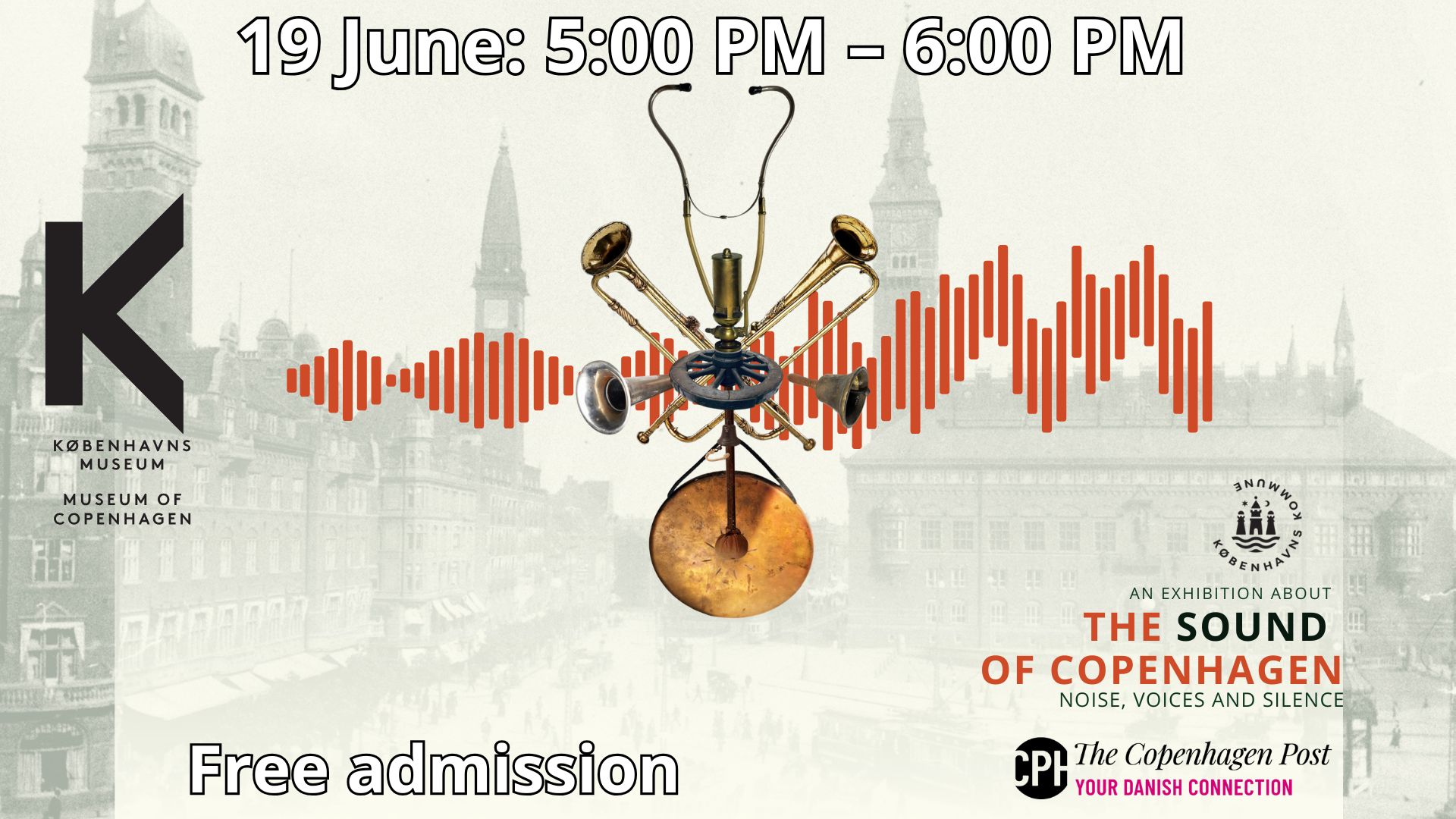Most of us expats – despite rapid globalisation and our new-borns increasingly having their choice of three, or even four passports – still identify with a nationality, even though we do our best not to identify as too nationalist!
So when a survey comes out listing the world’s most attractive nationalities, deep down we know it’s complete baloney: we are who we are, the exception to the rule; who cares if people think our nationality is ugly … cue Christina Aguilera.
But part of us wants to see where our nationality finished – and, if we’re a small nation, whether we even made the rankings.
Denmark second to Sweden in the Nordics
In the case of a study undertaken by swimwear brand Pour Moi, AI technology was used to analyse millions of Reddit posts and then to visualise the epitome of what the countries’ most attractive people would look like.
There is accordingly a top 50 showing the countries’ most attractive men and women – so 100 photos to look at! To be fair, most of them have dark hair and look kind of similar to one another.
Denmark sits comfortably in 10th place, even though neither its men nor its women could command a top ten ranking. Sweden, in contrast, finished fifth and third respectively to give it third place overall and Nordic bragging rights.
India the top nation
Overall, the most attractive nation was India, followed by the USA, Sweden, Japan and Canada. Completing the top ten were Brazil, France, Italy, Ukraine and Denmark.
Other notables in the top 30 included the UK (12), Germany (13), Spain (14), China (16), Ireland (17), Norway (21), Australia and New Zealand (23 & 24) and Finland (29).
The top ten for women were India, Japan, Sweden, Poland, Italy, Brazil, Ukraine, France, Israel and the US, while the top ten for men were the UK, India, Italy, the US, Sweden, Japan, France, Ireland, Belgium and Brazil.
How did UK win ‘Best Male’?
The UK’s place at the top will restore Austin Powers’ mojo, and no doubt owes more than a little to James Bond – Pour Moi even mentioned Harry Styles, Idris Elba and Tom Hardy – but bad teeth anyone? How can Britain seriously be number one?
You’d imagine the explanation can be found in the word ‘attractive’ – after all, ‘attractive personality’ is a well-known euphemism for bad teeth, beer gut and overall slobbishness, albeit with a good sense of humour.
But Pour Moi insists it combed Reddit for not just ‘attractive’, but also ‘sexy’, ‘beautiful’, ‘handsome’, ‘gorgeous’, ‘good looking’, ‘pretty’ and ‘hot’.
How attractive is height?
Pour Moi was presumably surprised that Denmark made the top 10, but laughed it off as a height matter.
“Height is something that is considered attractive by some [don’t you mean most?] and is often a playful source of conversation within the context of dating,” it mused.
“Perhaps this is behind Denmark’s inclusion within the top 10, as they are known as a nation with some of the tallest people in the world. Similarly, Germany and the Netherlands are also known for their tall citizens and both countries landed within the top 20 most attractive nationalities.”














